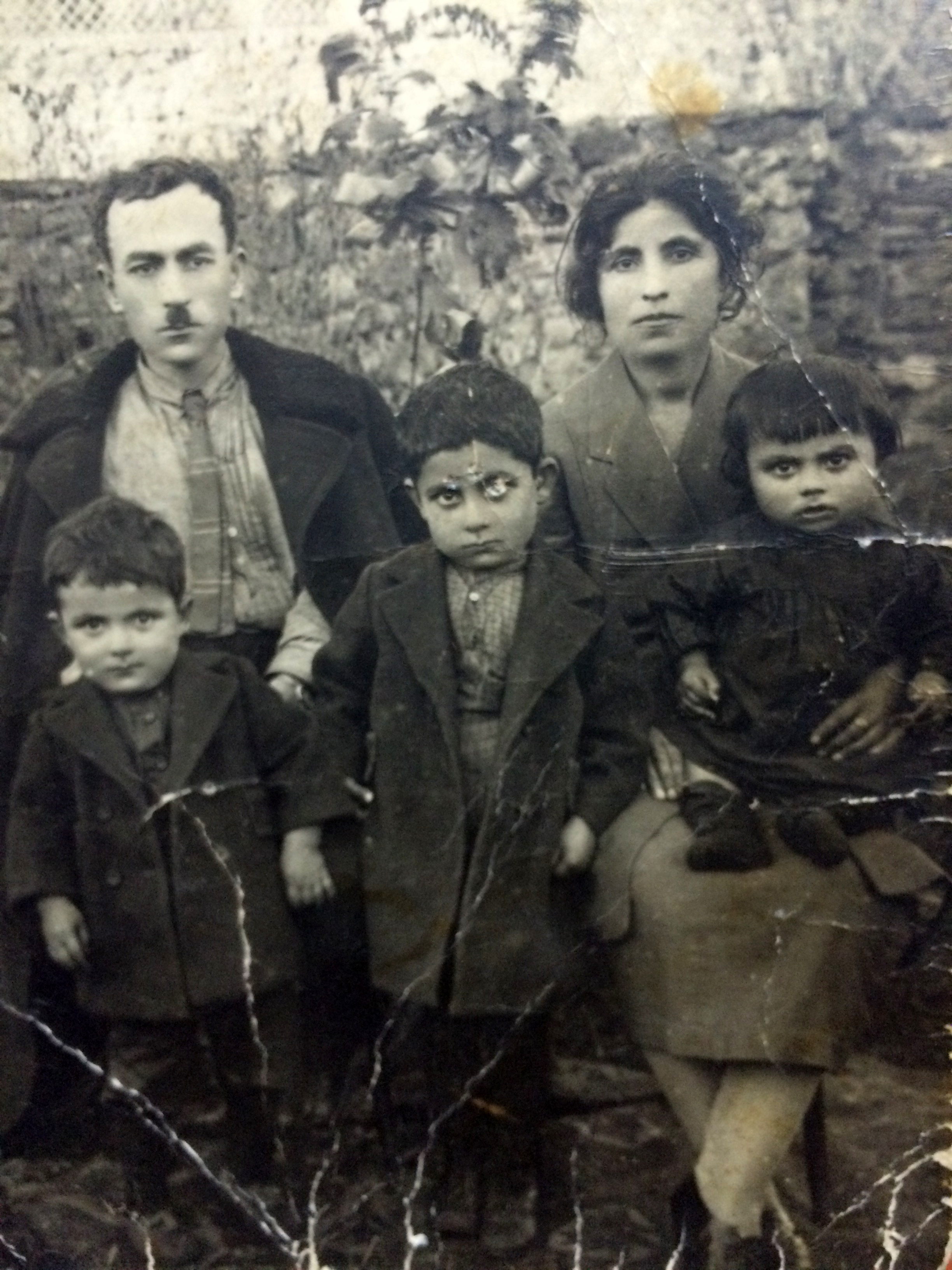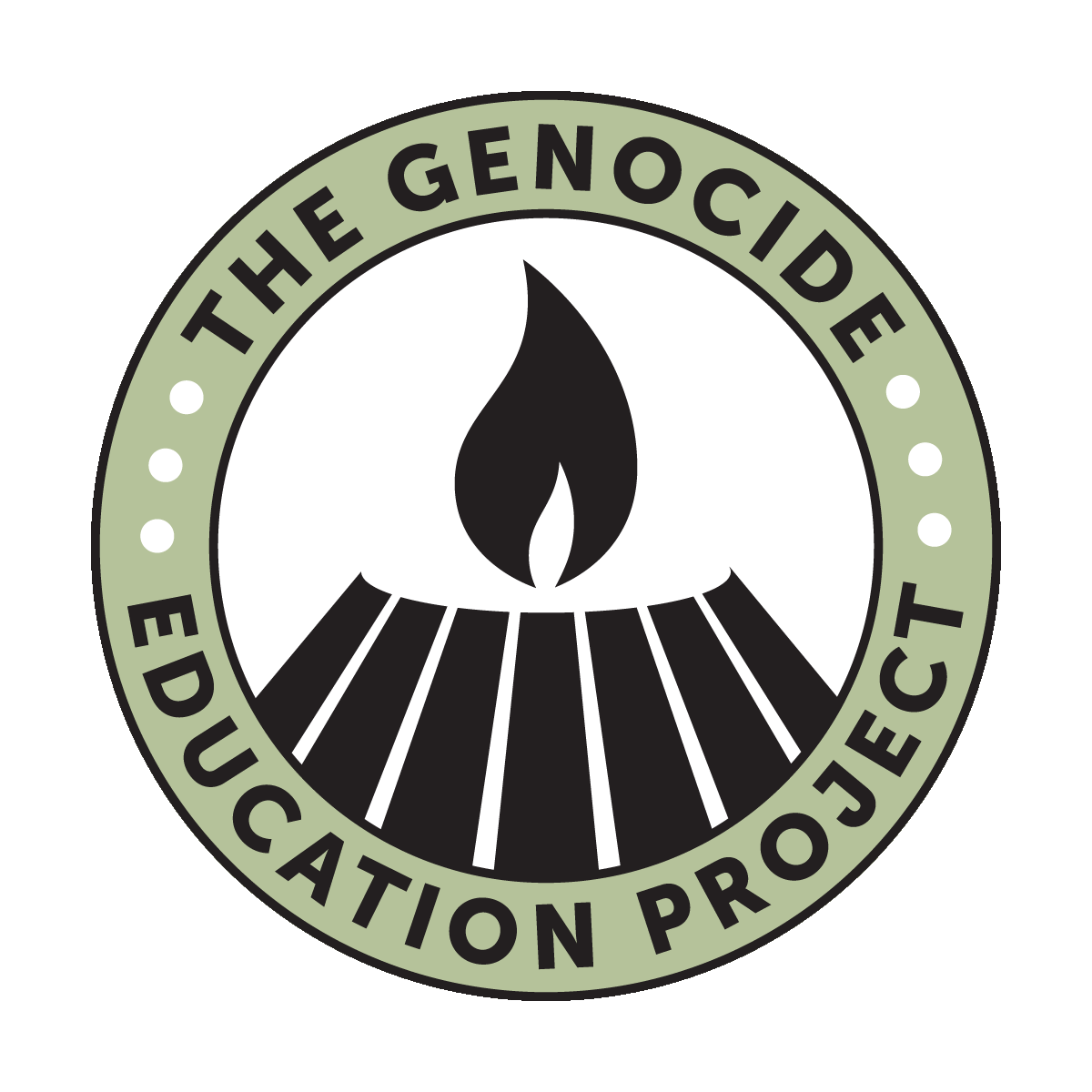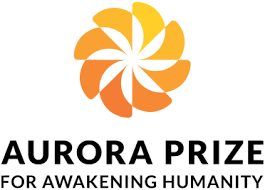10.04.2019

It is quite a long time I am trying to put down the story of my mother’s grandparents. Now, I have finally put together the existing facts and did it.
I should say that this story can easily serve as a plot for a film or a scenario for a documentary on the Armenian Genocide, because it is really a dramatic one.
***
My mother’s grandmother – Zaruhi Parikyan (my mother calls her Grandma Zarukh) was born in the city of Van, which is in Western Armenia, now Turkey. She was born in 1890 in Avants district of Van. Zaruhi was the youngest child in the family, having a sister and 2 brothers. Her father Ghazar was a fisherman, earning his living by hunting fish in Lake Van and selling it. People used to call him Parke Ghazar (Parke – was short for Parikyan). Her mother passed away when Zaruhi was an infant. In Van there was an American orphanage, with quite high standards of education. Little Zaruhi was clever and diligent and her father decides to send her to that orphanage (perhaps he was short of money to keep his four children all alone).
Khrimyan Hayrik (Mkrtich A Vanetsi – the 125th Catholicos of the Armenian church, a public-political and ecclesiastic-cultural figure) was taking under his protection clever and educable children. Five children from this orphanage, including Zaruhi, where chosen by Khrimyan Hayrik and taken under his protection.
When Zaruhi turned 16, there was a Turkish law, according to which, young males, who marry an orphan girl, were no longer liable for military service. Many rich families were choosing this path. A young man, son of a rich jeweler from Van, marries Zaruhi and they have four children, 3 boys and a girl.
 Zaruhi and Vardan with their children, Kislovodsk
Zaruhi and Vardan with their children, Kislovodsk
Soon the war breaks and there starts the deportation of Armenian population, local self-defenses and other tragic developments which resulted in the Genocide. Zarukh and her husband didn’t step aside, but took the arms and started to fight against Turks. Later Zarukh used to tell about these times saying that she had her own gun with sadaf handhold, which she carried with her all the time and even brought to Armenia later, but one day was forced to sell it because was short of money. Zarukh and her husband take part in the self-defense of Van under the leadership of Aram Manoukyan (1879-1919 – a famous Armenian revolutionary, politician and military commander). Zarukh used to remember him calling Aram Pasha and recalling how Aram Pasha was directing the local self-defense with a mauser-gun in his hand.
During the self-defense of Van Zarukh loses her husband and, together with her four children, is forced to migrate. Three of her children (the boys) die on the way to Eastern Armenia. Only the youngest one – the girl named Manya – stays alive. She was an infant and Zarukh was carrying her on her back.
Finally they reach Armenia. Here, from other migrants from Van, Zarukh learns that her sister and brother are alive and together with their families found a shelter in the town of Pyatigorsk, which is in North Caucuses, Russian Federation. Zarukh had no other relatives and decides to go and find her siblings. She leaves her little daughter Manya in an orphanage of Artashat (a small Armenian town near the Turkish border which was then called Ghamarlu) arranging that soon she would surely take the girl from the orphanage, and departs for Pyatigorsk to find the relatives.
In Pyatigorsk she actually finds her sister and brother. A diaspora of migrants from Van was being formed in Pyatigorsk, where the Armenian elderly men and women were matching together the unmarried and widowed younger people, thus trying to preserve the Armenian identity by forming families.
A not very young man wishes to marry Zaruhi, but his nephew – a 20-year-old Vardan, falls in love with Zaruhi, who was 30-years-old by that time, takes her away and marries her.
Vardan (my mother’s grandpa), his full name was Vardan Vardanyan, born on 1900 in Aygestan district of Van, lived in Istanbul with his father David. He was the only child in the family and lost his mother in early childhood. When they moved to Istanbul from Van, his father sent him study in a prestigious Armenian collage – Yesayan collage – where he showed excellent academic performance. Later their family, like many other Armenian families, was forced to take to flight and settled in Pyatigorsk, where he fell in love with widowed Zaruhi.
Vardan and Zarukh get married and immediately set off to Armenia to take Zarukh’s little daughter from the orphanage. But unfortunately they don’t find the girl. Most probably she had been adopted by someone. Till her death Zarukh was sure that her daughter Manya was alive.
But Vardan and Zarukh decide not to stay in Armenia and to move to their relatives, who, by that time, settled in Kislovodsk (another town in North Caucasus near Pyatigorsk). Here they have three sons – Davit, Samvel and Hayk (Hayk was my grandfather, born in 1926).
They live in Kislovodsk till 1933, when the Soviet repressions start, and my grandfather’s family was forced to move to Tehran, Iran. Soon Vardan and Zarukh’s middle son Samvel dies from a heavy disease. My grandpa’s father Vardan decides to start his private business and soon becomes quite successful by establishing his own furniture factory. Thus, my grandpa’s family startes to live a safe and wealthy life.
Being an active teenager, grandpa Hayk had many friends among the Armenian diaspora compeers, with whom they decide to found a dramatic circle. In 1946 these young and promising Armenians, being real patriots, decide to leave Tehran and move to the Soviet Armenia. Many of you might recognize their names – Ishkhan Gharibyan (actor), Abig Avagyan (writer), Zareh Ter-Karapetyan (actor), Hovhannes Badalyan (singer), Yervand Manaryan (actor), Arman Manaryan (director) and my grandfather Hayk Vardanyan (writer, playwright).
After moving to Armenia, they enter the Yerevan Theatrical University, where my grandfather meets my grandma Seda, who was born in Istanbul, then together with her family migrated to Thessaloniki, Greece and later moved to Yerevan all alone, without her family. But this is another story…
Grandpa Hayk and grandma Seda were everything to me – being the perfect model of grandparents for me, setting the standards as patriots, as educated and intelligent people, being the best example of a kind and educated person…it is hard to express all their virtue in a few words. Unfortunately, they are no longer alive, but in my heart they are always with me ALWAYS…





